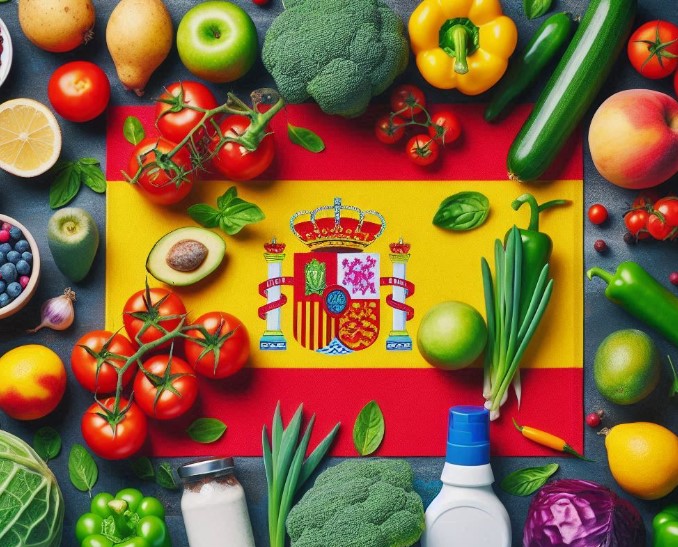The Mediterranean diet is renowned worldwide for its healthy fresh produce, yet growing concerns about pesticide residues on fruits and vegetables are unsettling many consumers in Spain. Recent studies shed light on which products are particularly affected and how buyers can minimize their exposure without sacrificing the rich variety of Spanish foods. This article provides a comprehensive overview of the so-called “Dirty Dozen” and practical tips for healthier shopping.
Why Some Products Have Higher Pesticide Levels
Certain fruits and vegetables require a more intensive use of pesticides due to their susceptibility to pests and diseases. These products often include strawberries, spinach, kale, nectarines, apples, grapes, cherries, peaches, pears, bell peppers, tomatoes, and celery. This list frequently appears in international reports on high pesticide residues and is also relevant in Spanish markets. To learn more about current food safety in Spain, visit the Nachrichten Aktuell category on Nachrichten.es.
The “Dirty Dozen”: These 12 Products Are Particularly Affected
The following twelve fruits and vegetables are known to consistently have the highest pesticide residues. It is therefore often recommended to buy them organically or to wash them particularly thoroughly:
- Strawberries
- Spinach
- Kale, collard, and mustard greens
- Nectarines
- Apples
- Grapes
- Cherries
- Peaches
- Pears
- Bell and hot peppers
- Celery
- Tomatoes
Washing and Peeling: Effective Measures, but Not a Panacea
Thoroughly rinsing fruits and vegetables under running cold water can reduce pesticide residues. However, it is important to note that this may not completely eliminate all residues, especially those that have penetrated the skin or flesh. Peeling can further reduce exposure but often comes at the cost of valuable nutrients located just beneath the skin. Organic produce, available in both large Spanish supermarkets and local markets like the mercados municipales, generally shows significantly fewer pesticide residues but is not always entirely free of them.
Minimizing Risk Through Conscious Purchasing Decisions
If you are concerned about pesticide intake, buying organic versions of the “Dirty Dozen” is an effective strategy. Another option is to choose fruits and vegetables that naturally have lower pesticide residues. These include, for example, avocados, sweet corn, pineapples, onions, and frozen sweet peas, all readily available in Spain.
Why This Topic Matters: Long-Term Health and Consumer Protection
Research on the long-term health effects of pesticide residues is ongoing. Nevertheless, experts agree that regular consumption of fruits and vegetables remains essential for good health. Reducing pesticide exposure is particularly important for vulnerable groups such as children, pregnant women, and individuals with weakened immune systems.
Practical Tips for Reducing Pesticide Exposure in Spain:
- Thorough Washing: Rinse all fruits and vegetables thoroughly under running water before consumption.
- Brushing for Firm Produce: Use a brush to scrub firm produce like potatoes and cucumbers.
- Peeling When Necessary: Peel products with known high residues if you want to minimize exposure.
- Prefer Organic: Opt for organic versions of products known to contain higher pesticide residues.
- Support Local: Support Spanish farmers who use sustainable and pesticide-reduced farming practices. These can often be found at local markets and organic cooperatives.
A healthy Mediterranean lifestyle involves enjoying a diverse selection of fresh produce. Being informed about pesticide residues helps consumers make more conscious choices for their own health and the environment.




